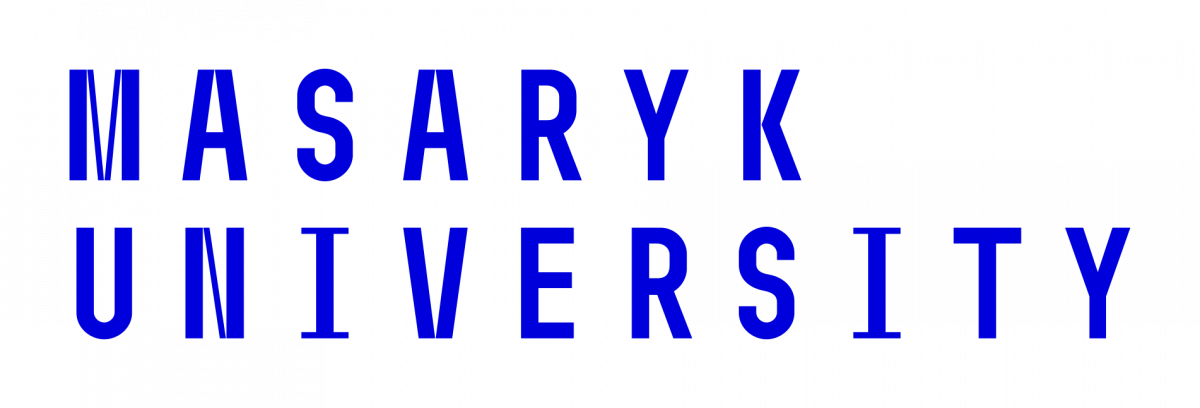The last census of journalism education programmes by the World Journalism Education Council in 2013 counted almost 2,400 programmes worldwide. Despite this large number, studies show that journalists across the globe are being trained and educated in similar ways– although media systems and journalistic cultures, societies and political environments differ extensively. Communication scientist Philip Gaunt asserted in his International Handbook on Journalism Training (1992) that similar training patterns have often developed from the following shared communicators’ universal needs: an orientation/understanding of one’s workplace system and the specialised function of different mass communication fields; a liberal and sciences background to better understand how a wide variety of issues affect audiences; basic skills like language skills; technical skills; and the ability to upgrade skills and to learn new ones. Gaunt’s landmark work dates from 1992, but similar training needs and educational approaches remain relevant until today, increasingly challenged by the Internet and new technologies. In recent years, journalism educators have been particularly faced by the growing importance of technical competences, including data journalism, as well as new media business models.
The first school of journalism was founded at the University of Missouri in the United States of America in 1908, four years later the Pulitzer School of Journalism opened at Columbia University in the US. Both programs shaped curricula around the world, but they varied in their approach and objectives. While Columbia accentuated the intellectual development of a journalist, Missouri emphasized occupational training.
Since then, the theory-practice divide has been one of the prevailing issues regarding the content of journalism education. While employers and editors often have been opposed to journalism education at universities because they see it as too theoretical and believe that academic journalism educators do not know what the media industry needs, scholars emphasise how important it is to enshrine journalism education in academia. The latter assume students should not only get prepared for industry-related jobs but also should develop critical-thinking skills for changing society in positive ways.









